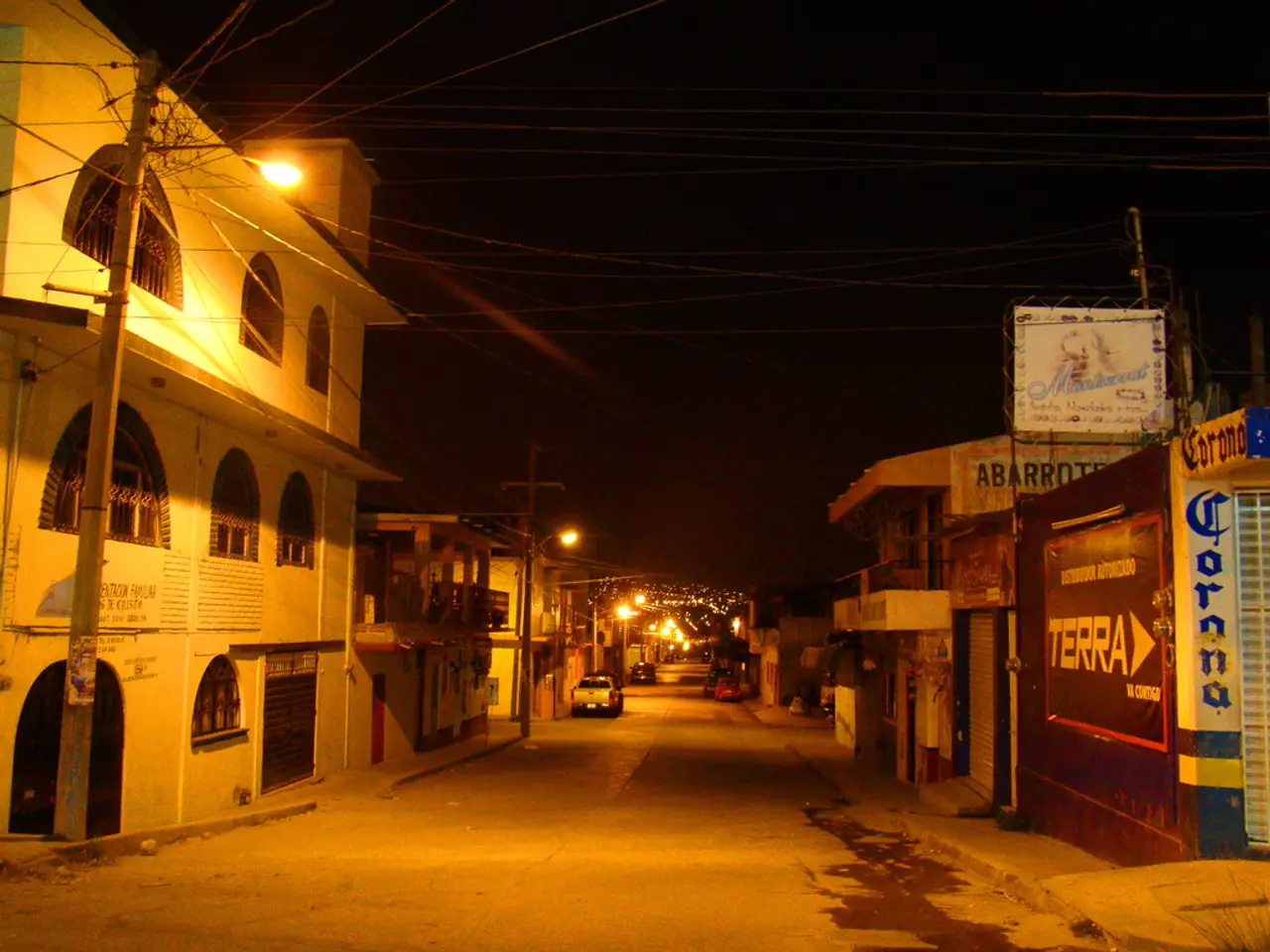Chile's Strategic Approach for strengthening Infrastructure Involves Focusing on the Mining Industry to Encourage Financial Commitments
Chile Launches Master Plan for Electric Vehicle Charging Infrastructure
The Chilean government has announced a new Master Plan for Public Electric Vehicle Charging Infrastructure in the Northern Macrozone. This region, known for its significant mining activities and long travel distances, will prioritise infrastructure for public charging stations for electric cars.
The plan aims to address the existing gap in charging infrastructure in the Northern Macrozone, where currently only 40 public chargers exist. At least 49 charging points are expected to be installed over the next 10 years, with an estimated investment of 7 billion Chilean pesos.
The regions involved in the project are Arica and Parinacota, Tarapacá, Antofagasta, and Atacama. Connection to the electrical grid is a critical point in the plan, and the Ministry of Energy and the Ministry of Public Works will collaborate with private companies to expand the capacity of electrical networks.
The mining industry in northern Chile is a strategic ally for the public electric car charging infrastructure project. Large local industries, such as mining, play a crucial role in financing the infrastructure, especially in more remote areas.
Public-private collaboration is essential for the success of the project. Diland Castro, leader of the Charging Infrastructure division at the Sustainable Mobility Centre (CMS), emphasises the importance of having the support of local companies. Javier Contador, Plan Coordinator, also highlights that private investments are key to the success of the project.
The plan also aims to attract private investment. By 2035, at least 49 additional charging points are estimated to be needed to meet the needs of electric cars in circulation. It is expected that there will be at least one charger every 100 kilometres along intercity routes.
The Undersecretary of Energy of Chile, Luis Felipe Ramos, has highlighted the importance of this project within the context of the National Electromobility Strategy. The project's success will contribute significantly to reducing emissions and promoting sustainable transportation in the region.
In addition to the electric vehicle charging infrastructure project, other developments in the electric car sector are taking place. For instance, EMT Madrid has presented its first pilot of autonomous buses in collaboration with the Centro Tecnológico de Automoción en Galicia.
Laura Goncálves, the director general of Powerdot España, has taken over as president of the Asociación de Operadores de Recarga Ultrarrápida (AORU). Meanwhile, Tritium reveals insights on what CPOs in the UK are looking for and how to deliver it.
The electric car sales in Chile have seen a significant increase, with a 183% rise in 2024. The growth in electric car sales indicates a positive trend towards a more sustainable transportation future in the country.
The Master Plan for Public Electric Vehicle Charging Infrastructure in the Northern Macrozone is a significant step towards a greener future for Chile. The collaboration between the government, private companies, and local industries will undoubtedly contribute to the success of the project and the promotion of sustainable transportation in the region.
Read also:
- United States tariffs pose a threat to India, necessitating the recruitment of adept negotiators or strategists, similar to those who had influenced Trump's decisions.
- Weekly happenings in the German Federal Parliament (Bundestag)
- Southwest region's most popular posts, accompanied by an inquiry:
- Discussion between Putin and Trump in Alaska could potentially overshadow Ukraine's concerns







